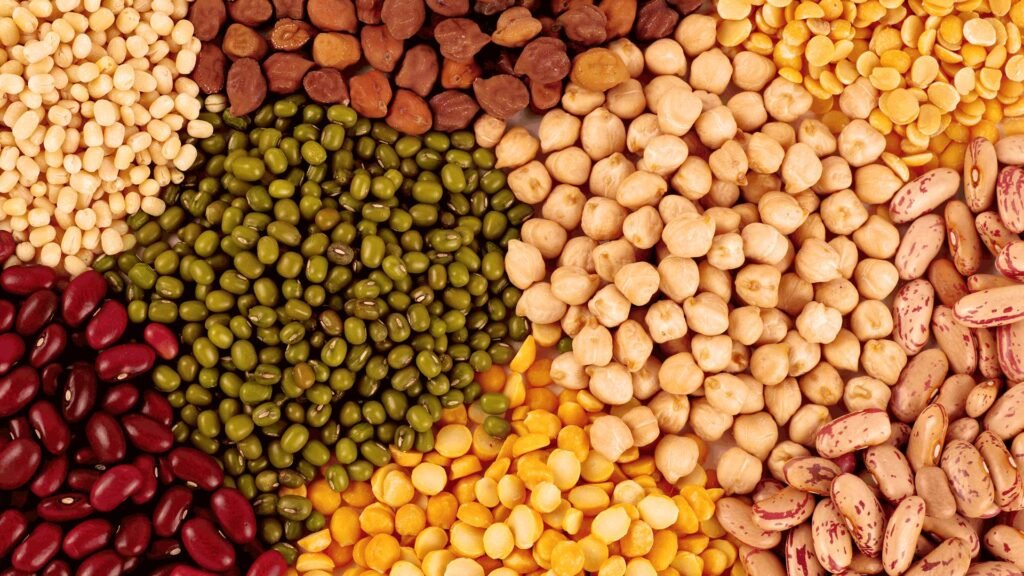The government will be introducing a new online platform on April 15 to oversee the pulse stocks’ availability. Importers and traders have received instructions from the Ministry of Consumer Affairs, Food and Public Distribution to provide precise weekly reports on their pulse stocks, which includes Yellow Peas that have been imported.

States are required to authenticate the stocks declared by stock-holding entities, including large-chain retailers, as per the directive from the Centre. The quantities in warehouses situated in key ports and pulses hubs must also undergo verification periodically. The Centre emphasized that strict measures will be implemented against stockholding entities that are discovered to be providing inaccurate information on a dedicated stock disclosure portal.
Nidhi Khare, the Secretary of the Department of Consumer Affairs, organized a sequence of meetings with stakeholders in the pulse industry to assess the accessibility of pulses and address concerns related to imports. The discussions also encompassed insights gathered from market intelligence sources regarding the stock holdings of different market participants.
According to official data, the retail inflation in pulses continues to be elevated, albeit with a slight decrease to 17.71% in March from a previous increase of 18.9% in February 2024. The Reserve Bank of India’s monetary policy committee, while maintaining the repo rate unchanged, emphasized on April 6 the persistent impact of food price pressures, which are hindering the ongoing disinflation process and presenting obstacles to achieving the inflation target of 4%.
The agriculture ministry’s projections indicate that the nation’s pulse production decreased to 23.4 million tonnes in 2023-24 from 26.1 million tonnes in the previous year. India’s import of pulses amounted to $3.17 billion during the April-February 2023-24 period, showing an increase of almost 80% compared to the $1.76 billion recorded for the same 11 months in 2022-23.
India is a significant consumer and producer of pulses, meeting some of its consumption demands through imports. The country mainly consumes chana, masur, urad, kabuli chana, and tur.

